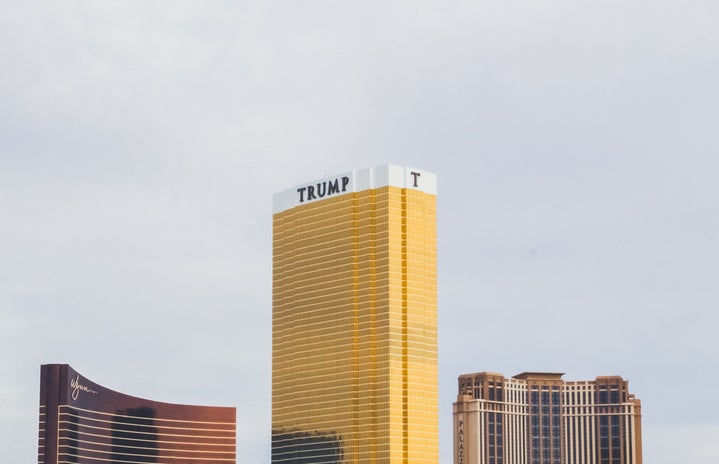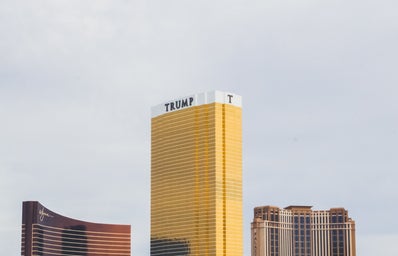Sitting down with Isaac Chotiner of Slate Magazine at the end of June, New York Times White House correspondent and CNN political analyst Maggie Haberman described the Trump White House as easily the “leakiest White House” she’s ever covered during her tenure as a political reporter, which has included not only covering events at the national level, but also years of reporting on the New York City municipal government and the New York state government. Some of the more headline-grabbing leaks reported by Maggie Haberman include the list of six White House advisers who used personal email accounts during the first months of the Trump presidency (notably implicating Jared Kushner); an exposition of the political calculations underlying Trump’s critique of the NFL; news of the potential (and ultimately realized) threat posed to DACA by the current administration; details of the often contentious relationship between Trump and his vocal Chief of Staff, John Kelly; the departure/arguable ousting of Steve Bannon in the wake of the Trump administration’s failure to forcefully condemn the actions of neo-Nazis in Charlottesville; and updates regarding special counsel Robert Mueller’s ongoing Russia investigation.
Having been described by Vanity Fair as the embodiment of “the surreal, codependent, often abusive relationship between the media and Donald Trump,” Maggie Haberman’s hard-fought reputation as the chief purveyor of secret information, leaks, and presidential scandals under the Trump administration has unsurprisingly earned her frequent comparisons with investigative journalist Carl Bernstein, who, along with Bob Woodward, conducted much of the original reporting on President Nixon and the Watergate scandal. Indeed, the unearthing of Nixon’s inextricable involvement in the 1972 break-in at the Watergate headquarters of the Democratic National Committee remains in many respects the standard-bearer for modern investigative journalism. Given the sheer number of scandals that have emerged from the White House in the nine months since Donald Trump took the oath of office, as well as the singular role Maggie Haberman has been able to carve out for herself in the coverage of the seemingly never-ending stream of leaks emanating from sources close to the President, any likening to Carl Bernstein may appear exceedingly well-founded. However, a more in-depth examination yields the realization that, while Bernstein and Haberman have both served as vehicles for relaying “secret” presidential information to the broader public, the two journalists nonetheless differ markedly when it comes to their relationships with the White House and its most visible occupant (Nixon in the case of Bernstein, and Trump in that of Haberman).
The degree to which Maggie Haberman and Donald Trump have expanded upon the dynamic of codependency inherent to relations between the White House and the media depends greatly upon the level of Trump’s personal involvement in the ongoing leaks coming from sources close to him. In the aforementioned Slate piece, Haberman makes the following observation about the possible driving force behind the Trump administration’s impressive proclivity for leaks: “It’s almost as if the staff and the Trump White House uses reporters as a reality testing measure. I think because the perspective from inside the building can feel somewhat distortive sometimes, so you see a lot of people reaching out and it’s obviously not just to us.” Given how polarizing the Trump agenda has proven to be – even among those operating within the confines of the White House – it should perhaps come as little surprise that members of the administration have resorted to divulging privileged information to journalists as a means of gauging public opinion at large. The various competing factions present in Trump’s White House further incentivize calculated leaking, since what injures Stephen Miller, for instance, may not be perceived as equally injurious to John Kelly. Indeed, Haberman somewhat jokingly told The New Yorker that comparing the internal rivalries of the Trump administration to the infamous gang wars waged between the Bloods and the Crips is too reductionist an analogy, seeing as instead of merely two warring teams, the White House has “something like six.”
Ultimately, though Maggie Haberman might plausibly envision herself as Bernstein-esque, it cannot be said that she is a whistleblower for the Trump administration in quite the same way as Carl Bernstein was a whistleblower for Nixon, given the considerable cooperation she has been met with by those “on the inside.” As Haberman herself will attest to, members of the Trump White House actively seek her and other reporters out, whereas in the case of Bernstein, the Nixon administration did everything in its power to evade journalistic probing. However, in a move reminiscent of Carl Bernstein and Bob Woodward’s post-Watergate publication of All the President’s Men, it was recently announced that Maggie Haberman and fellow New York Times correspondent Glenn Thrush will be partnering with Random House for a book on Donald Trump, providing Haberman a prime opportunity to define her own legacy within the broader scope of the Trump presidency.
Image Source: The New Yorker (Bob Daemmrich / Alamy)


